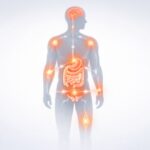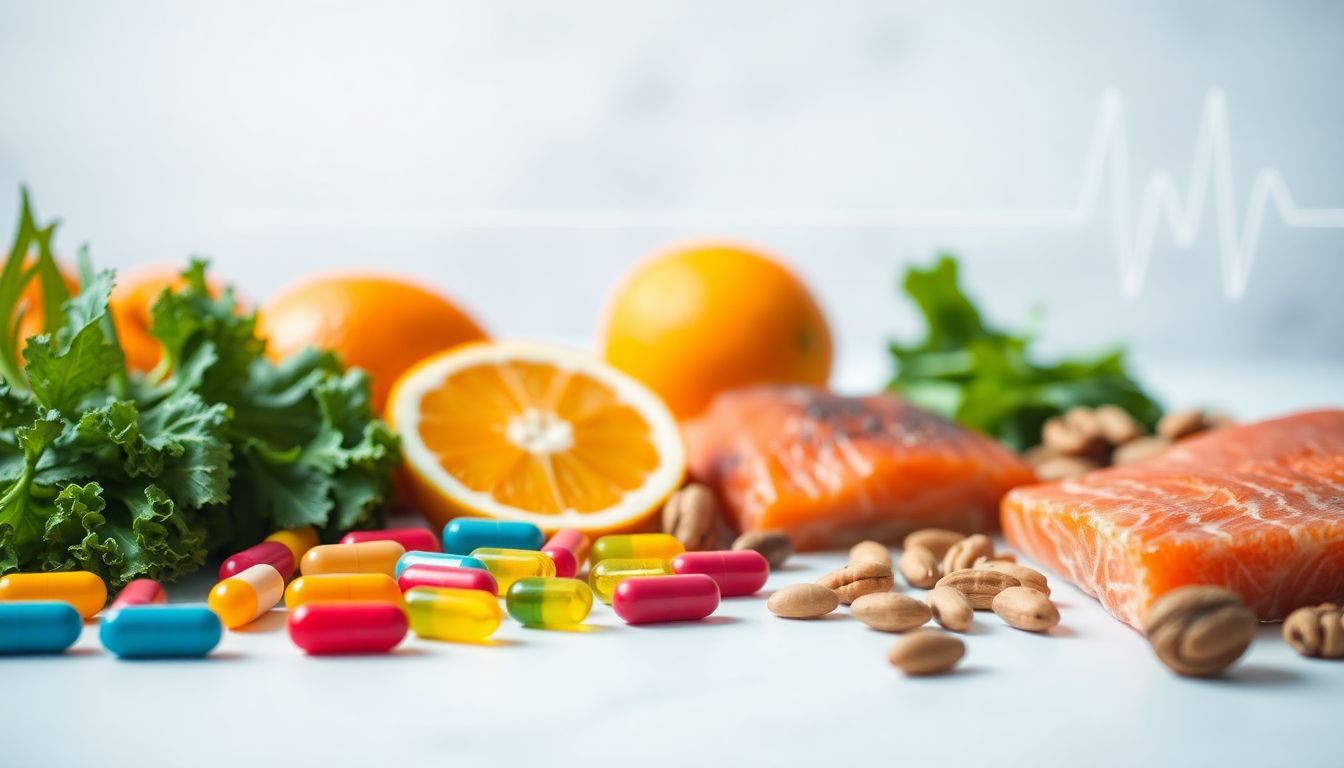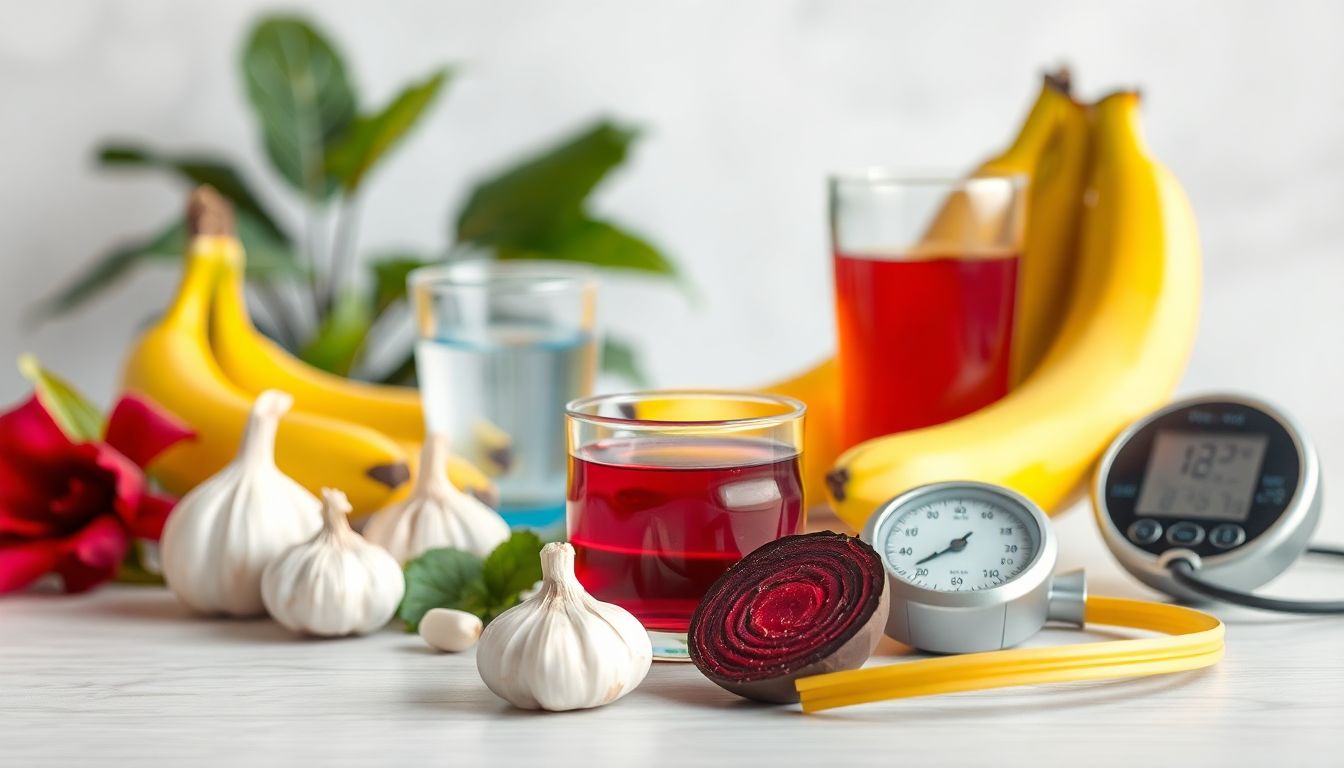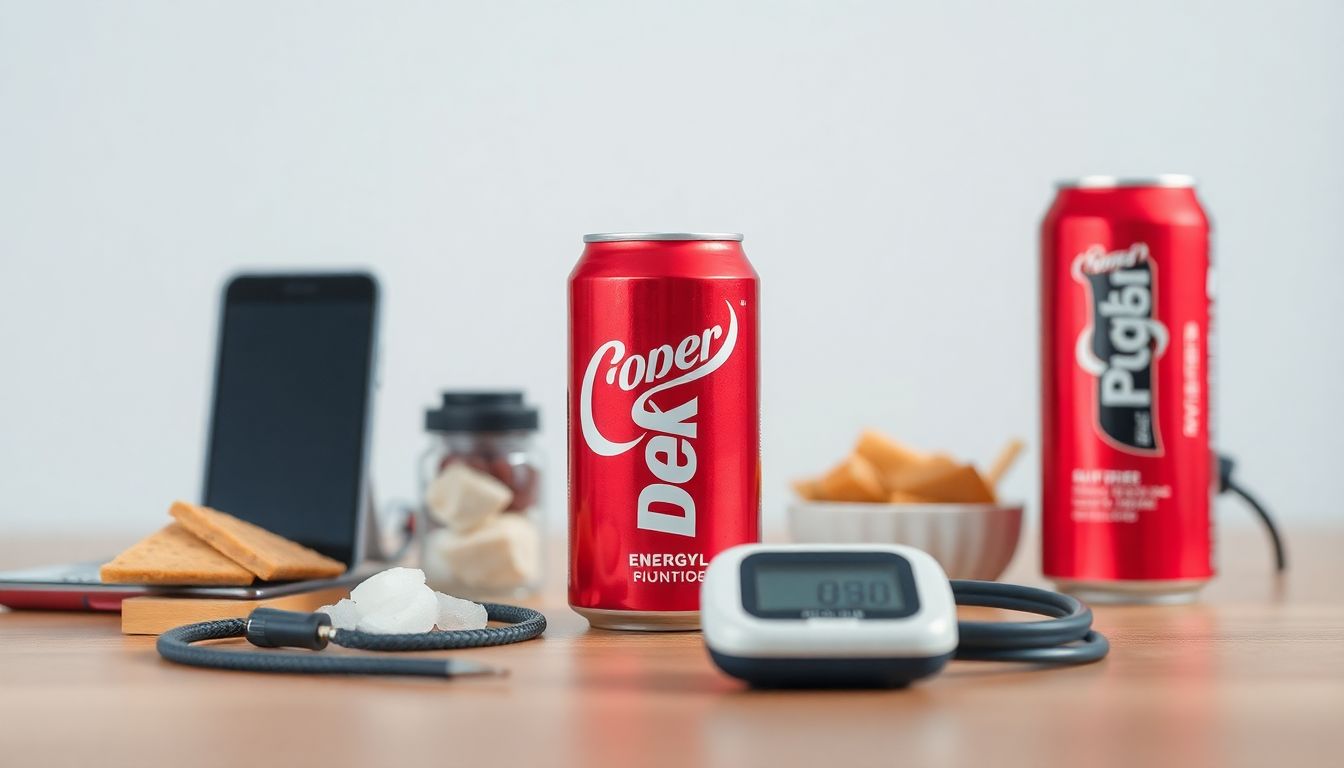Your heart is the hardest-working muscle in your body — pumping over 100,000 times a day.
But to perform its job efficiently, it needs the right nutrients.
Vitamins and minerals don’t just support energy; they also regulate blood flow, artery health, and pressure control.
In fact, deficiencies in certain vitamins are directly linked to hypertension, fatigue, and cardiovascular disease.
In this article, we’ll explore the most important vitamins for heart and blood pressure health, how they work, and how to get them naturally from foods and supplements.
(Related Reading: The Complete Guide to Lowering Blood Pressure Naturally)
❤️ Why Vitamins Matter for Blood Pressure
Your cardiovascular system depends on vitamins to:
✅ Strengthen blood vessel walls
✅ Support nitric oxide (for vessel relaxation)
✅ Regulate calcium and sodium levels
✅ Protect against oxidative stress
Without enough of these nutrients, your arteries stiffen, your pressure rises, and your heart has to work harder — leading to chronic strain over time.
🌞 1. Vitamin D — The “Sunshine” Regulator
Vitamin D plays a crucial role in controlling how your body handles calcium, sodium, and inflammation — three major factors in blood pressure regulation.
💡 Science says:
People with low vitamin D levels are three times more likely to develop hypertension.
✅ Best sources: sunlight, fortified dairy, eggs, salmon, and vitamin D3 supplements.
💊 Tip: Take vitamin D3 with meals containing healthy fats for better absorption.
💪 2. Vitamin C — The Vessel Protector
Vitamin C is a powerful antioxidant that helps relax blood vessels, reduce inflammation, and neutralize free radicals that damage artery walls.
💡 Study insight:
Taking 500 mg of vitamin C daily can reduce systolic blood pressure by up to 4–5 mmHg.
✅ Best sources: citrus fruits, strawberries, bell peppers, and broccoli.
(Also read: 10 Foods That Help Lower Blood Pressure Naturally)
🧠 3. B Vitamins — For Nerves, Energy, and Circulation
B vitamins — especially B6, B9 (folate), and B12 — help lower homocysteine, an amino acid linked to blood vessel damage and heart disease.
💡 The research:
Adequate intake of folate and B12 can reduce cardiovascular risk by improving endothelial function and reducing arterial stiffness.
✅ Best sources: leafy greens, eggs, legumes, and fortified cereals.
(Also read: DASH Diet vs. Blood Pressure Supplements: Which Works Best?)
🧬 4. Vitamin E — The Antioxidant Shield
Vitamin E helps prevent the oxidation of LDL (“bad”) cholesterol — a key trigger of plaque buildup in arteries.
It also improves blood flow by preventing platelet stickiness.
💡 Bonus: Vitamin E works best when combined with vitamin C, as they enhance each other’s antioxidant effects.
✅ Best sources: almonds, sunflower seeds, and spinach.
⚡ 5. Vitamin K2 — The Calcium Controller
Vitamin K2 directs calcium out of arteries and into bones, preventing arterial stiffness — a hidden cause of high blood pressure.
💡 Science says:
Vitamin K2 supplementation improves vascular elasticity and supports lower arterial pressure.
✅ Best sources: egg yolks, grass-fed butter, and fermented foods like natto.
🧘♀️ 6. Vitamin B1 (Thiamine) — The Energy Spark
Thiamine converts nutrients into energy and supports nerve signals that control heart contractions.
Deficiency can lead to poor circulation and high blood pressure.
✅ Best sources: lentils, pork, sunflower seeds, and whole grains.
🌿 7. Vitamin B6 — The Stress Reliever
B6 helps the body create serotonin and GABA — neurotransmitters that calm the nervous system and reduce stress-induced spikes in blood pressure.
✅ Best sources: chickpeas, bananas, potatoes, and salmon.
(Also read: How Stress Affects Blood Pressure (and Natural Remedies That Work))
💊 Combining Vitamins with Minerals for Best Results
For maximum benefit, combine vitamins with key minerals such as magnesium, potassium, and CoQ10.
These nutrients complement each other to:
- Relax arteries
- Enhance heart cell energy
- Regulate sodium balance
A doctor-formulated supplement like BP Zone® by Zenith Labs includes many of these vital nutrients, making it a convenient all-in-one solution.
(Also read: Can Supplements Really Lower Blood Pressure?)
🕒 How Long Before You Notice Results
You may feel more energetic within 1–2 weeks, but consistent vitamin intake for 6–8 weeks is typically needed to see measurable improvements in blood pressure.
(Learn more: How Long Do Natural Remedies Take to Lower Blood Pressure?)
❓ FAQs — Best Vitamins for Heart and Blood Pressure Health
- Can vitamins really help lower blood pressure?
Yes, several vitamins support blood vessel flexibility and circulation, helping reduce blood pressure naturally. - Which vitamin is best for blood pressure?
Vitamin D, B vitamins, and magnesium have the strongest evidence. - Can I get enough vitamins from food alone?
In many cases yes, but supplementation can help fill gaps caused by stress or poor diet. - Does vitamin D deficiency cause high blood pressure?
Low vitamin D levels are strongly linked to increased hypertension risk. - Can I take multiple vitamins together?
Yes, most vitamins complement each other, especially C + E and B complex combinations. - Are multivitamins effective for blood pressure?
Only if they contain sufficient amounts of key nutrients like D, B6, and magnesium. - Do I need to take vitamins daily?
Consistency matters — take them daily for best results. - Can vitamins interact with medications?
Some (like vitamin K2) may interact with blood thinners — consult your doctor first. - Is it better to take vitamins in the morning or at night?
Morning with food is ideal for absorption and energy support. - Do vitamins replace medication?
No. They support heart health naturally but do not substitute for prescribed medication.
❤️ Final Thoughts
Vitamins are the unsung heroes of cardiovascular health.
They help your arteries stay flexible, your heart stay strong, and your pressure stay stable.
By eating a vitamin-rich diet — and supplementing wisely — you can create the perfect foundation for lifelong heart health.
(Also read: Best Natural Supplements to Lower Blood Pressure)











